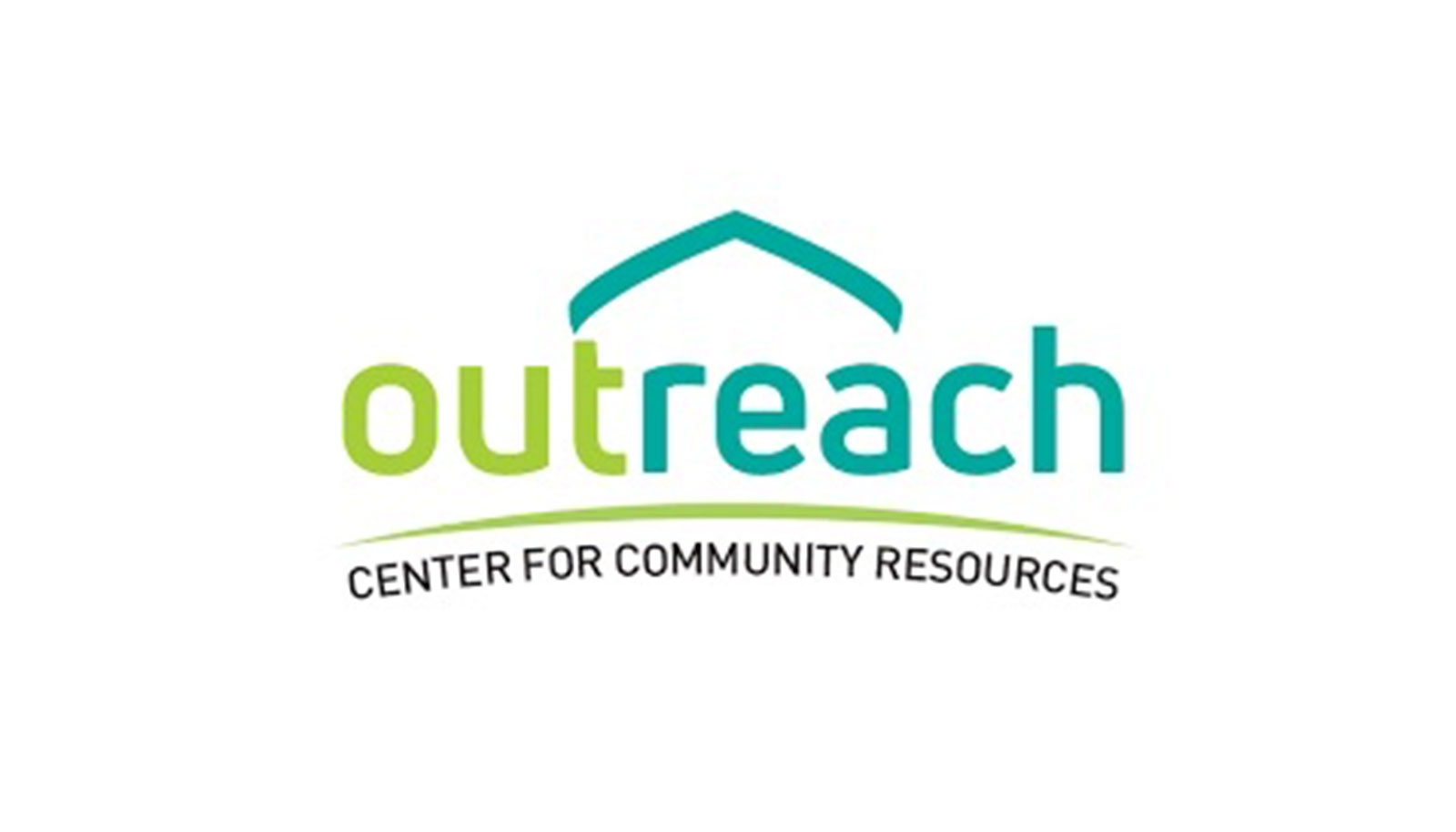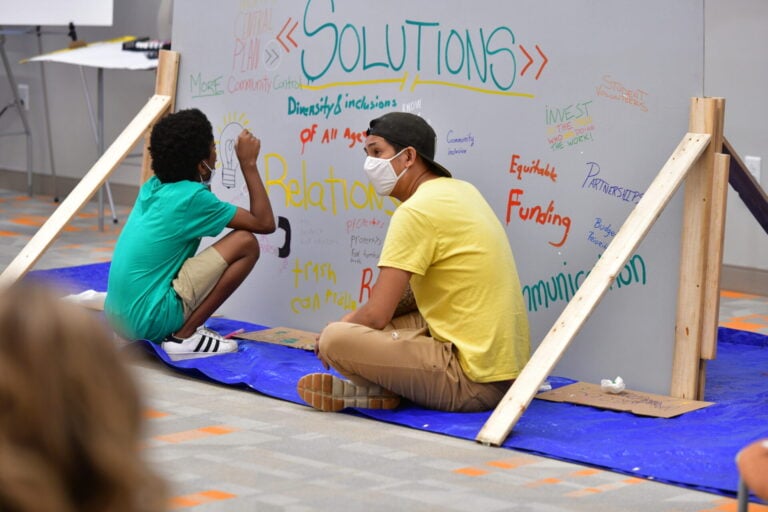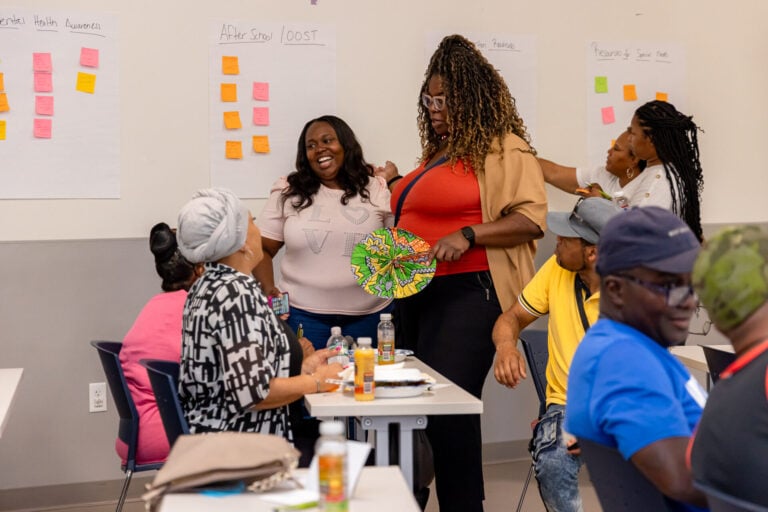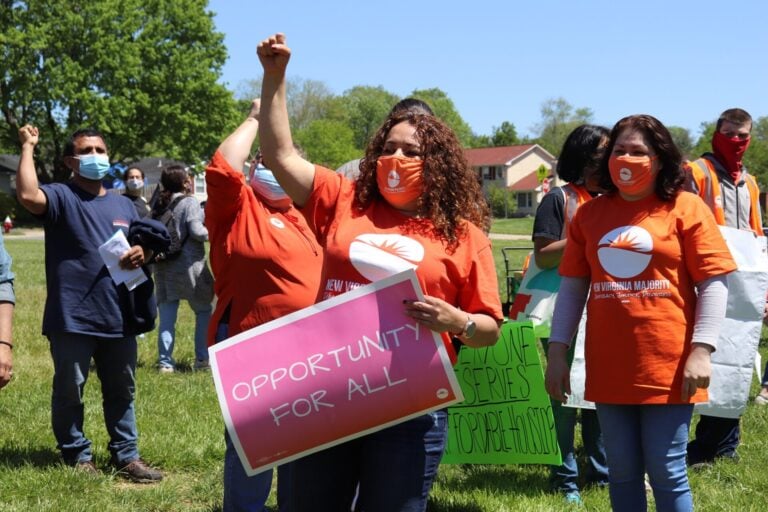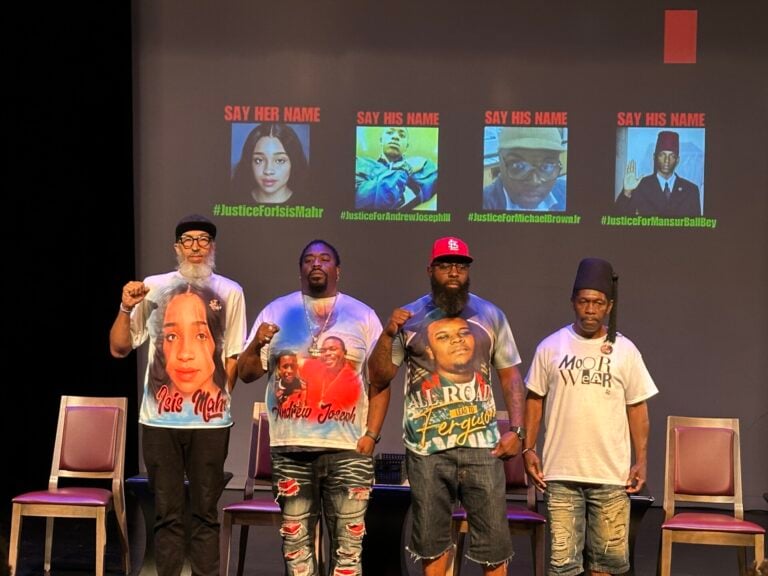Leaders at Outreach – Center for Community Resources, a Pennsylvania nonprofit that provides education and life-skills classes to inmates at local prisons, knew that preserving the trust of all its constituents would be the key to successfully participating in Listen4Good.
Outreach’s staff and volunteers would have to trust that the feedback would be aimed at improving programs, not grading them as teachers. The prison staff, especially the warden, would have to trust that Outreach would be focused on its own programs, not prison business. And, perhaps most significantly, the inmates would have to trust that their opinions would be treated with respect and not get them into trouble in any way.
According to Outreach’s executive director, Linda Ciampi, the organization did it, getting the buy-in it needed from all corners, and L4G has already led to important improvements to its prison programming. Inmates said on the surveys, for example, they wanted classes to be extended, so now most of the courses run for six weeks, instead of four. Survey takers noted they’d prefer different schedule options, so Outreach worked with the prison and other agencies that bring programming onsite to adjust time slots for its course offerings.
One change resulting from L4G, however, happened without Outreach’s initiation. It appears, Linda says, that just the act of asking a question on the L4G surveys has led to more clients accessing the community-resource services the organization makes available to clients done serving their time. The surveys ask inmates how likely they are to follow-up with Outreach for help with post-incarceration plans and why they selected the answer they picked. Outreach has noticed that more and more clients are availing themselves of community-resource services at its offices both inside and outside the prison, many noting that they are doing so because they had said they would on the survey.
“It’s like the survey reminds them of the great resources we have, or they feel like they made a commitment when they took the survey, or they just feel more comfortable coming to us,” says Linda. “Whatever the case, it’s a good reminder to us to connect, bring stories back to the prison, close the loop on feedback so everyone is on the same page.”
